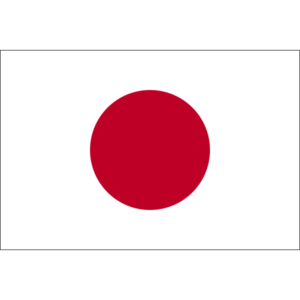June saw significant positive movement for funds based in Japan, marked by large inflows. Investor enthusiasm for Japanese equities surged, with inflows surpassing ¥1.5 trillion (about $10 billion), a record high compared to ¥1.46 trillion in May, according to a Morningstar report.
Global equity funds continued to draw strong net inflows, exceeding ¥1 trillion for the second consecutive month. Allocation funds also performed well, with net inflows rising from ¥90 billion to ¥130 billion. However, not all sectors experienced growth; Japan equity funds saw net inflows dip below ¥10 billion, the lowest since November 2023 when they experienced net outflows.
This trend suggests a cautious approach towards Japan-focused stock funds, even though Japanese equities have been on the rise in recent years. The MSCI Japan Index reported a total return of 9.6 percent from January to early July, while the MSCI World Index of developed countries’ equities posted a 13.6 percent return, both figures in US dollars.
In the monthly ranking of individual funds by net inflows, global equity and US equity funds demonstrated significant strength. Indian equity funds also remained popular, with four such funds making it to the top 20 individual fund list. Large-cap funds maintained net inflows just under ¥70 billion, a slight decrease from ¥80 billion, while other active funds saw only a slight reduction in net inflows compared to the previous month.
Global bonds experienced a sharp decline in net inflows, dropping to below ¥10 billion from ¥60 billion the previous month, effectively halving their total net inflows. Passive (world) REITs (real estate investment trusts) managed a small net inflow, but other subcategories faced net outflows. Monthly dividend funds, which were once popular, saw net outflows, contributing to overall net outflows remaining at the mid-¥20-billion level for the second consecutive month.
Fidelity Japan Trust PLC (LON:FJV) aims to be the key investment of choice for those seeking Japanese companies exposure. The Trust has a ‘growth at reasonable price’ (GARP) investment style and approach – which involves identifying companies whose growth prospects are being under-appreciated or are not fully recognised by other investors.



